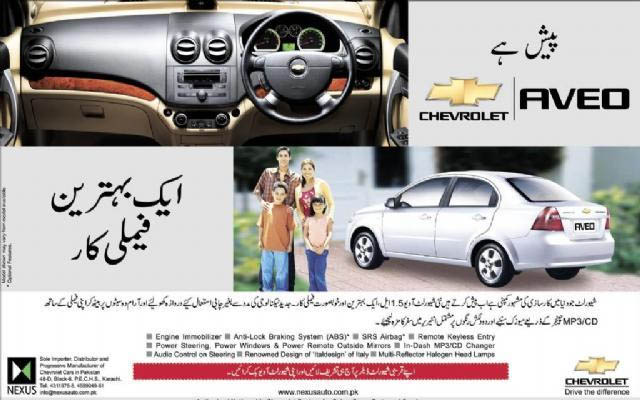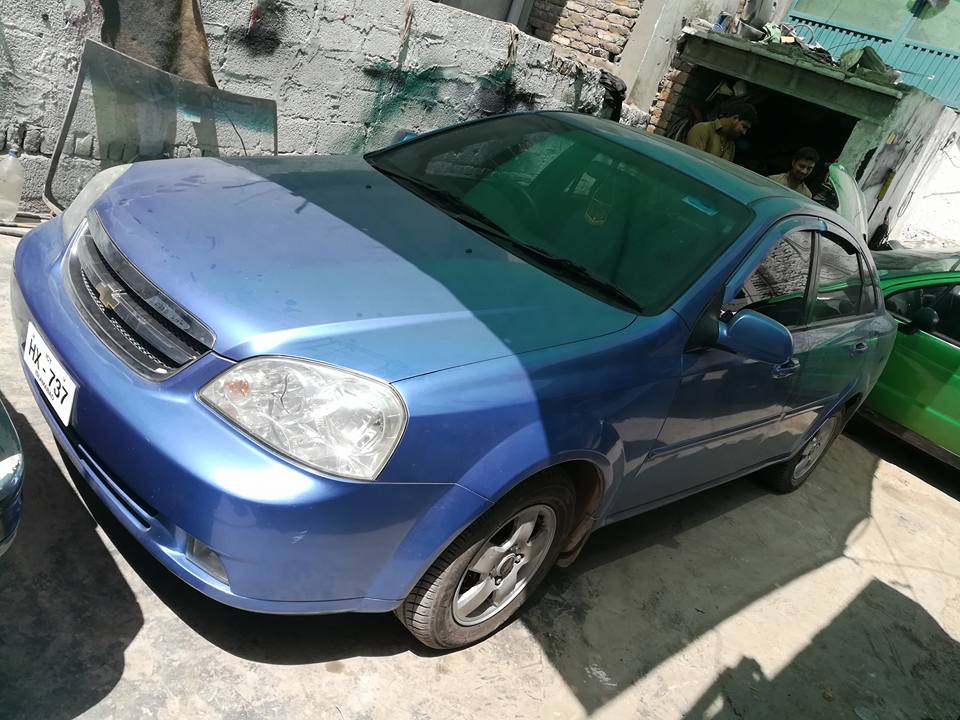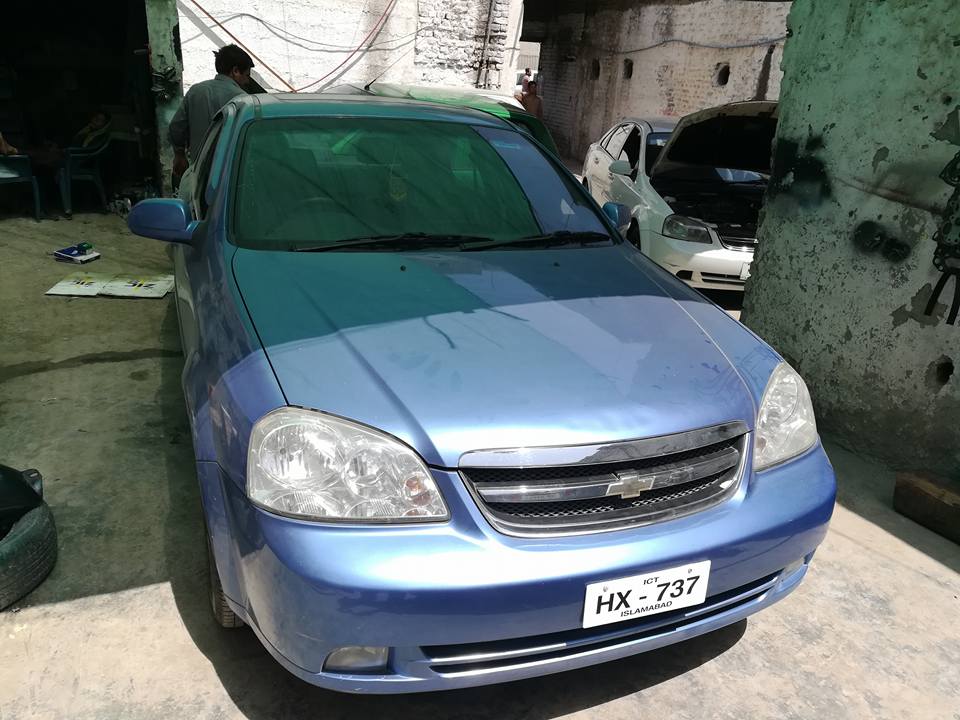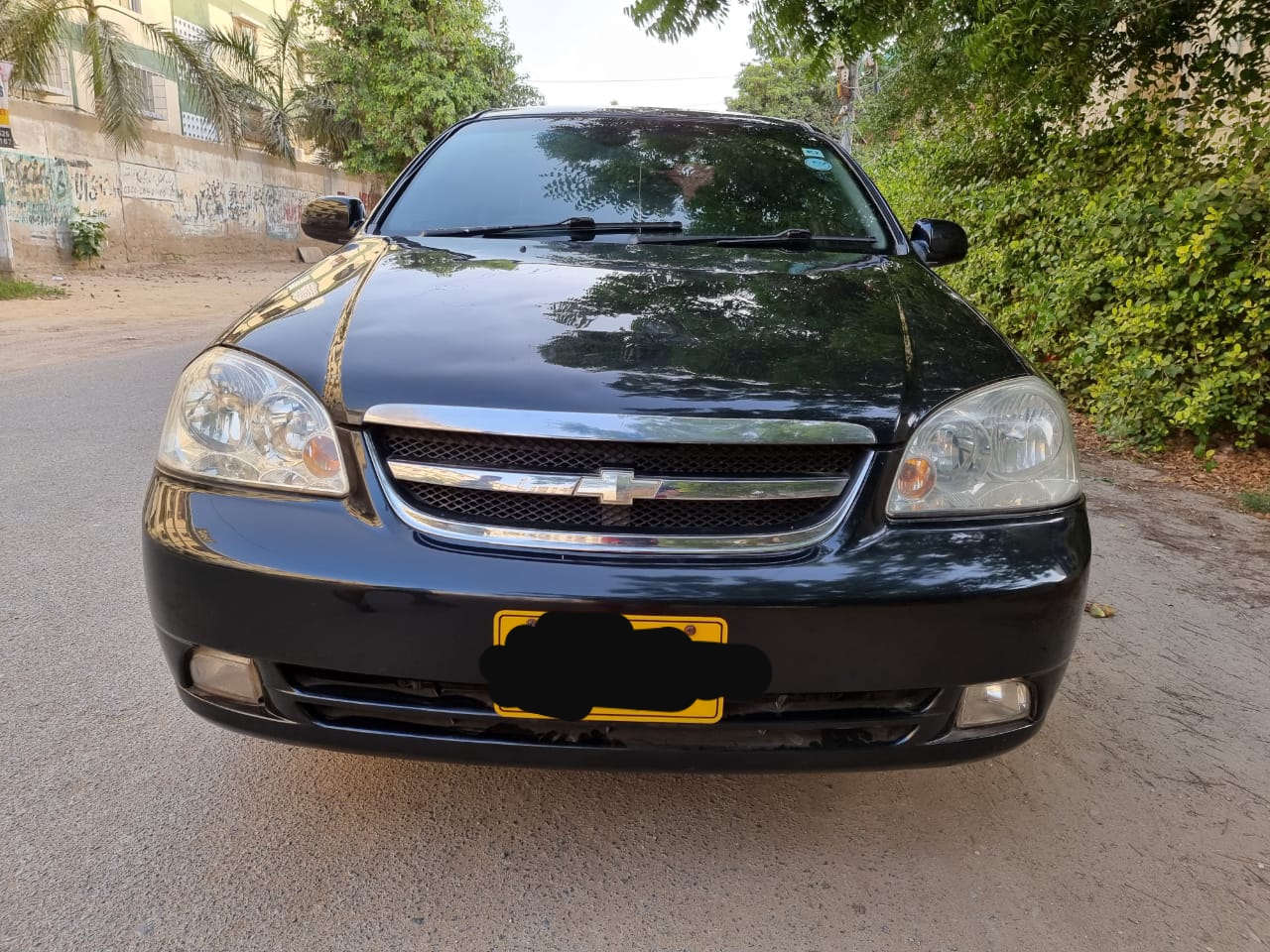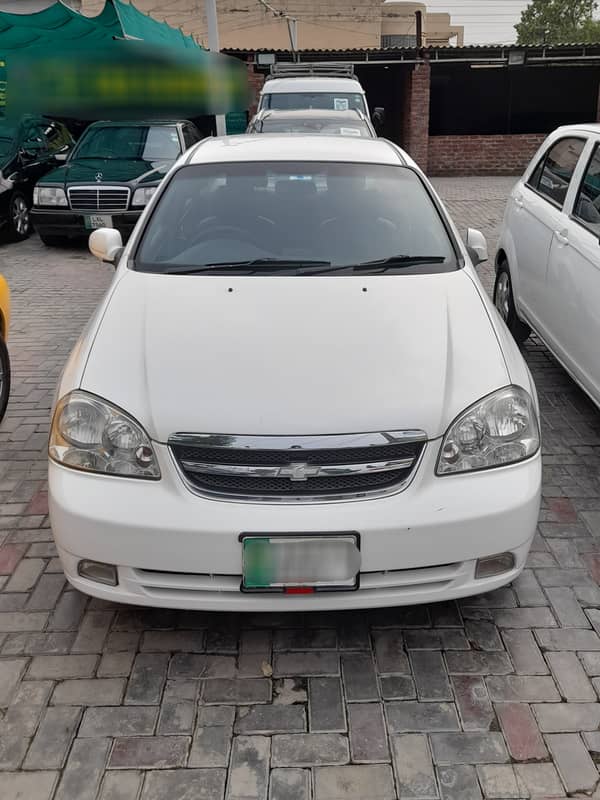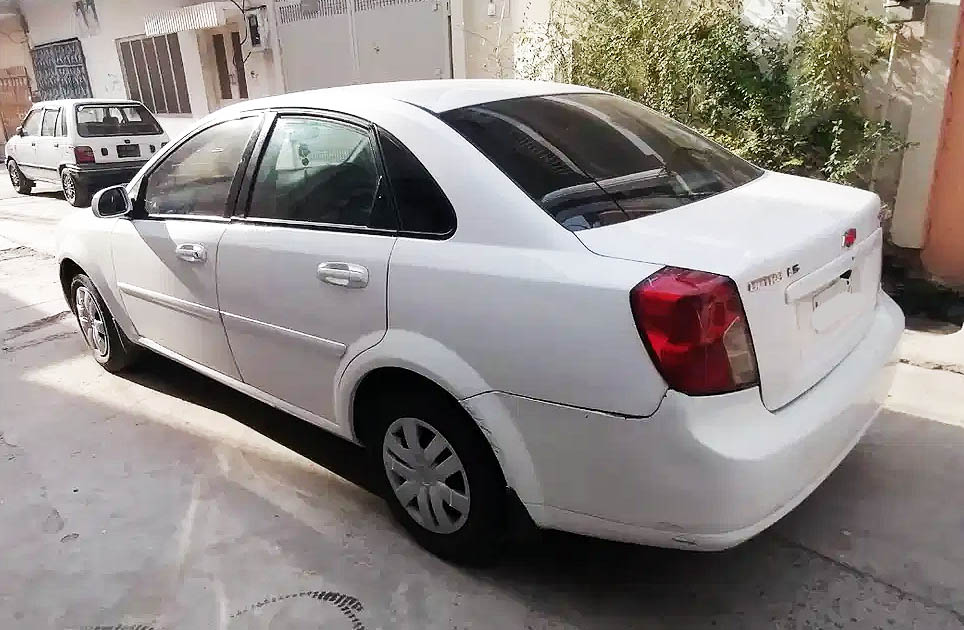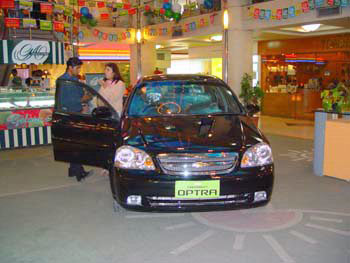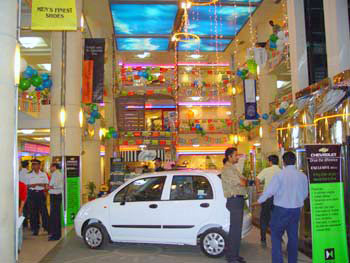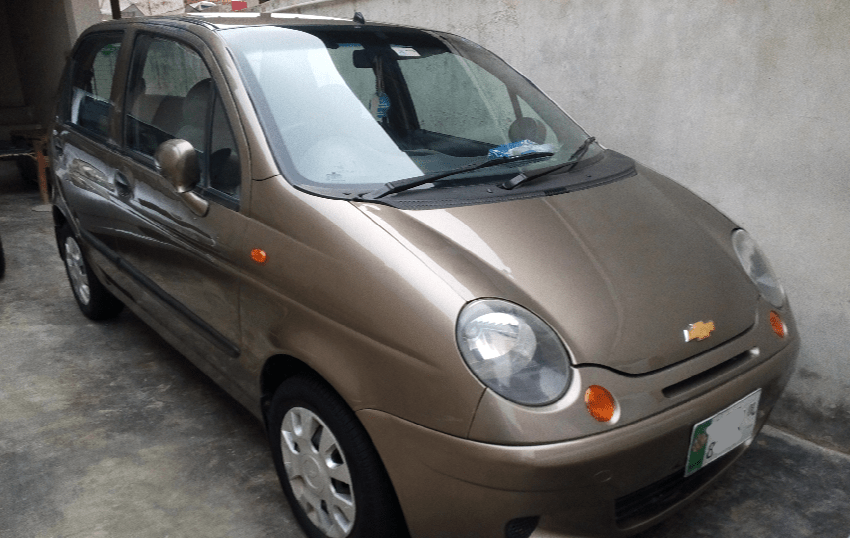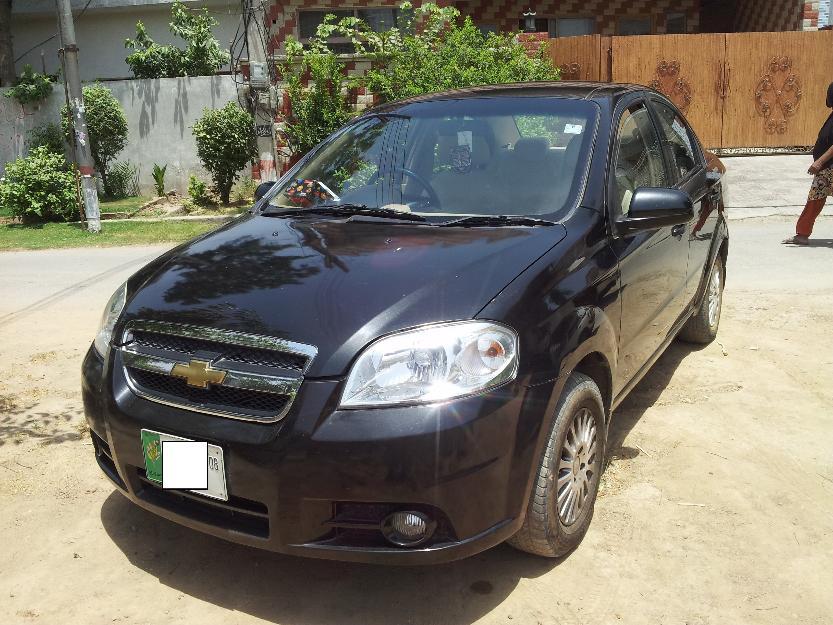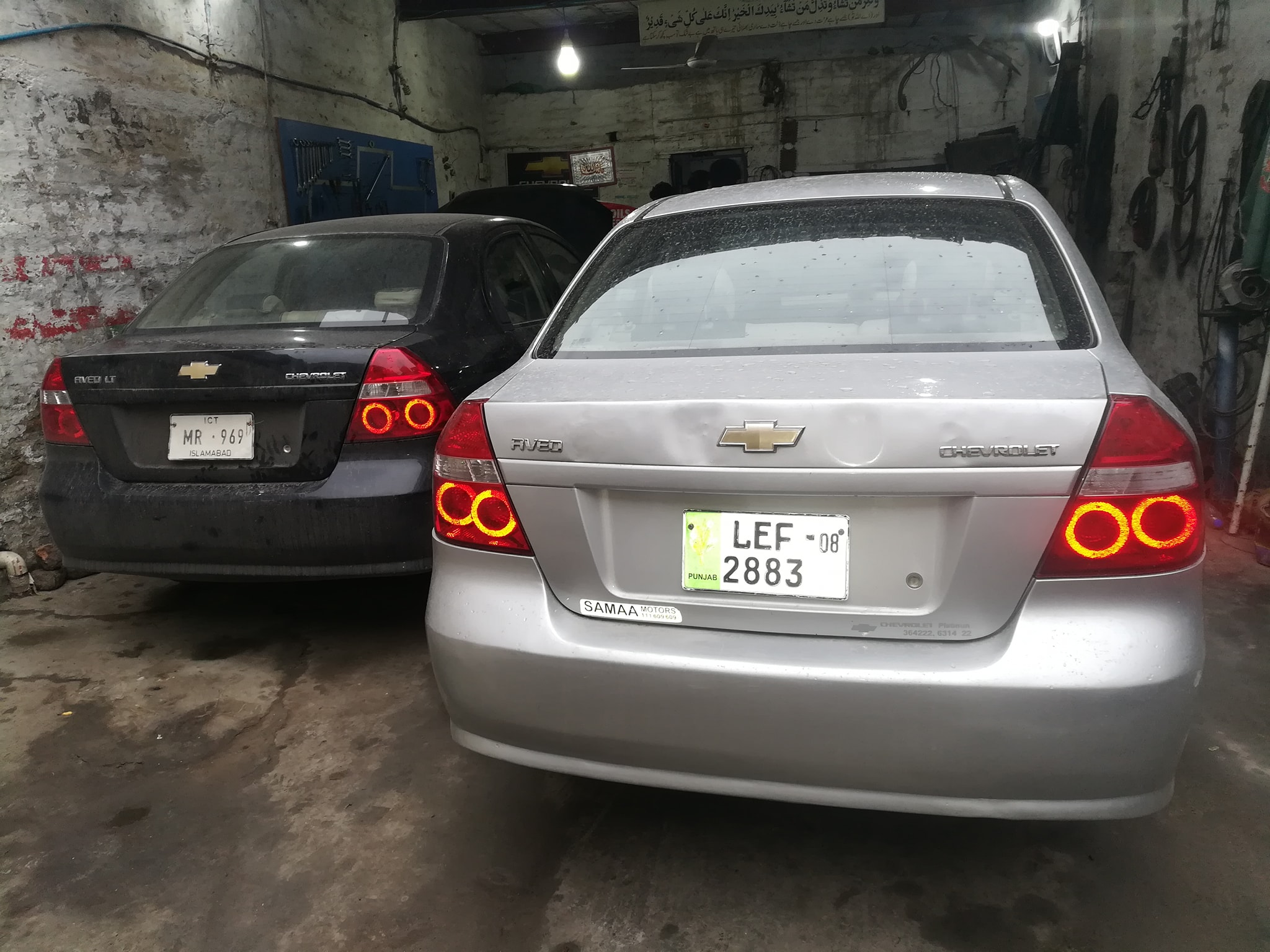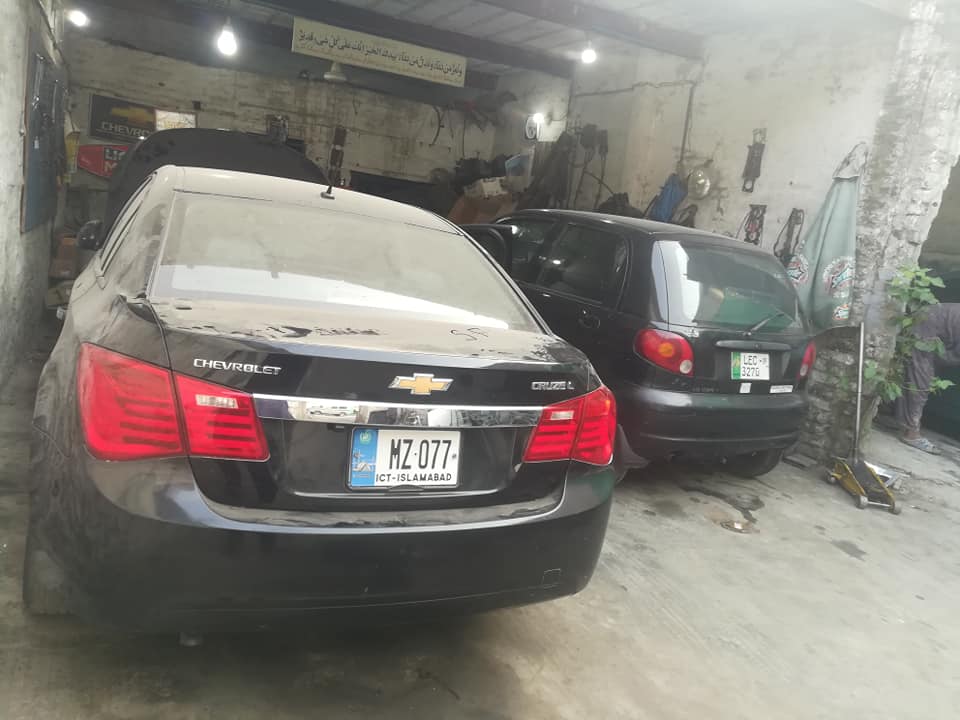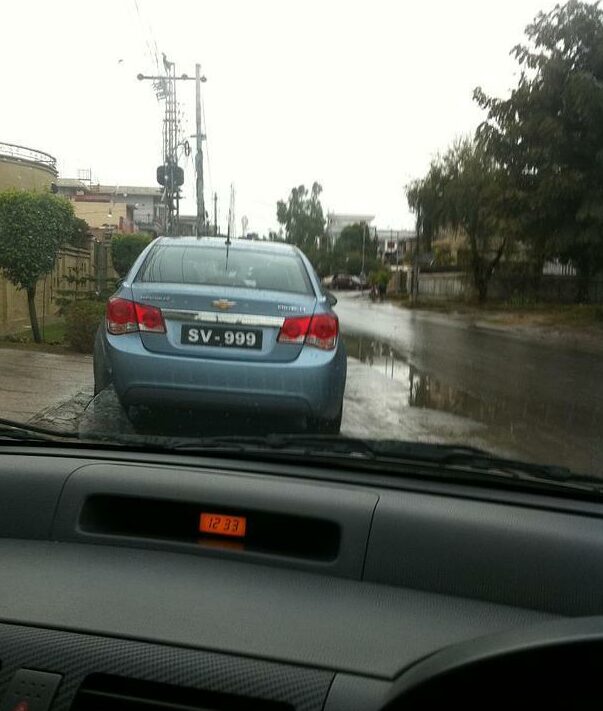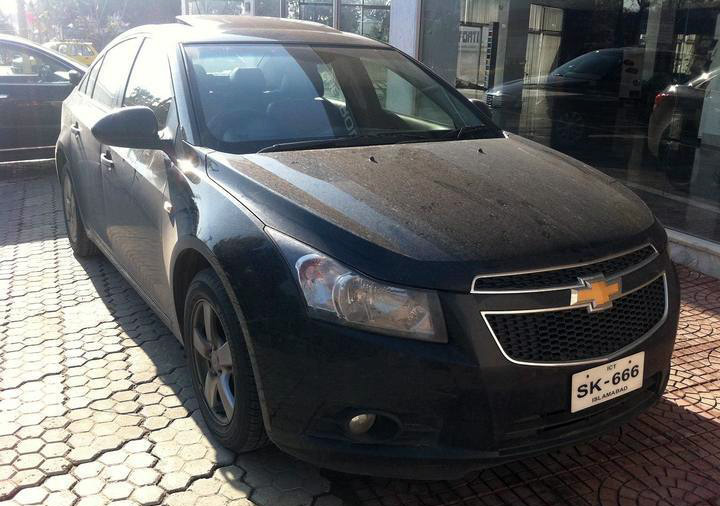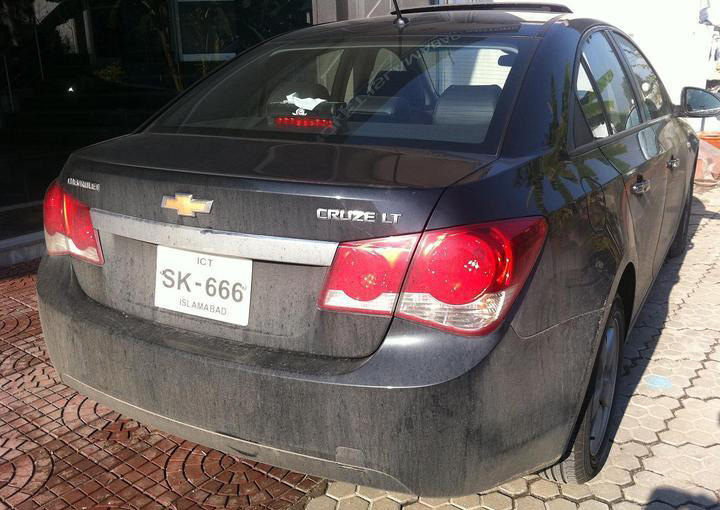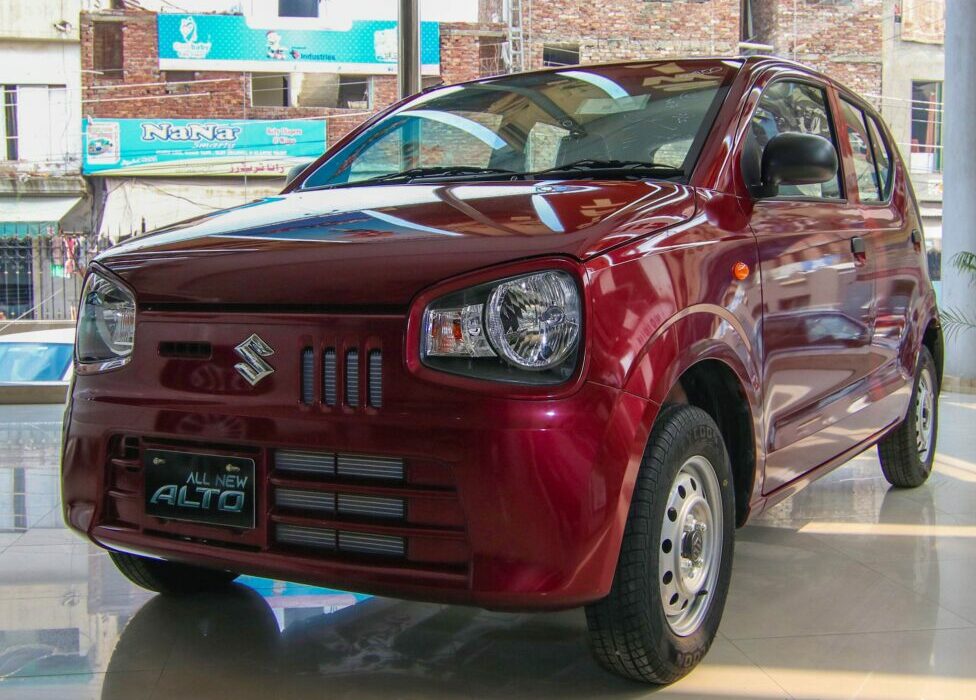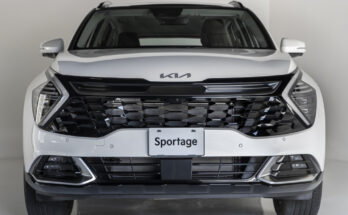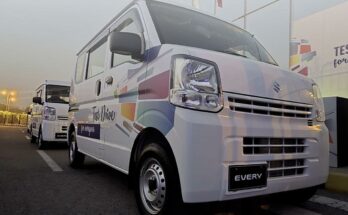In a market starved for variety, a lot of options appeared between 2000 and 2006 which gave a much-needed flavor to the automotive landscape of our country. However, by the year 2008, most of these new car-buying options had vanished from the scene. Chevrolet was among those many forgotten names from the not-so-distant past, which was brought in by a company called Nexus Automotive.
The company was founded by M.A. Razaq, an expatriate Pakistani who retired in 1999 as Corporate Vice President of General Motors (GM) Corporation. The investor behind Nexus Automotive was Balubaid Establishment of Saudi Arabia, a diversified group involved in automotive, real estate, and other industrial businesses. The company was privately owned, with ownership distributed between Pakistani and Saudi families. Nexus used the idle capacity at the Ghandhara Nissan Limited plant at Port Qasim to assemble vehicles, under a contract assembly agreement.
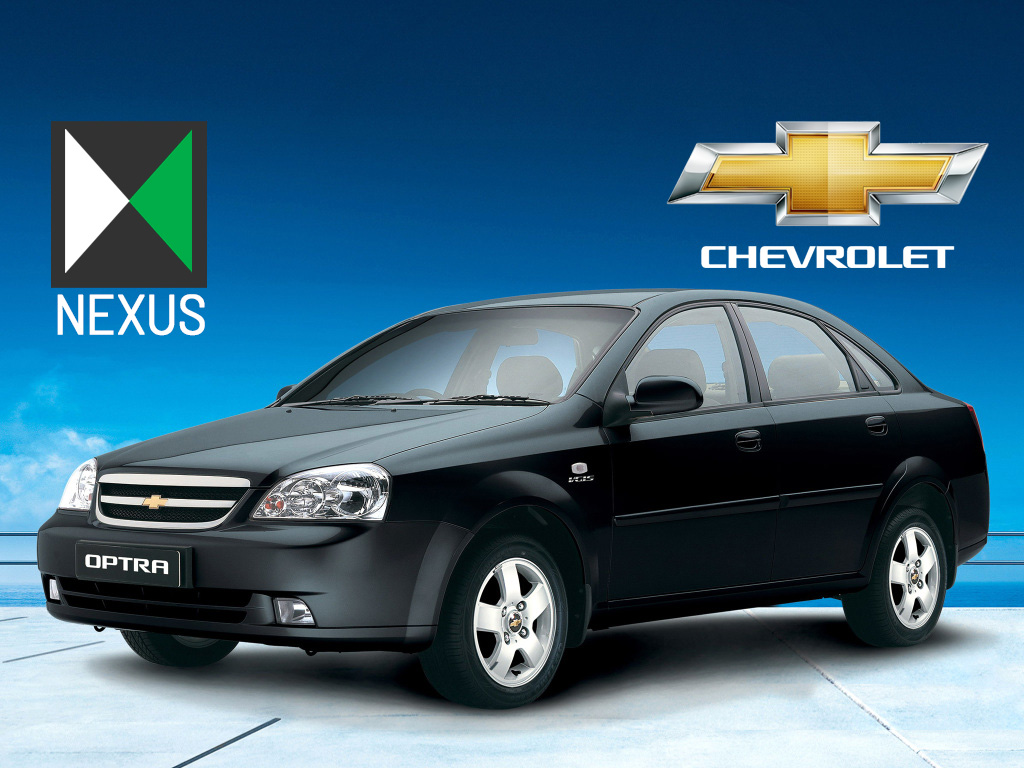
Reportedly, there was a $15 million investment in the Nexus project while other products from the global GM network were also planned for introduction in the Pakistani market. Nexus Automotive was targeting the assembly of 4,000 units in its first full year of production which was to be ramped up to 8,000 vehicles per annum by 2010 in line with market demand. Sadly, however, the said figures were never achieved.
Related: Interesting Car Nicknames in Pakistan
Although Nexus Automotive was an importer and assembler of GM products in Pakistan, the product lineup was based on re-badged Daewoo cars since General Motors had acquired the financially troubled South Korean automaker in the early 2000s and was selling these Daewoo cars under the Chevrolet brand umbrella in the region & various other markets across the globe.
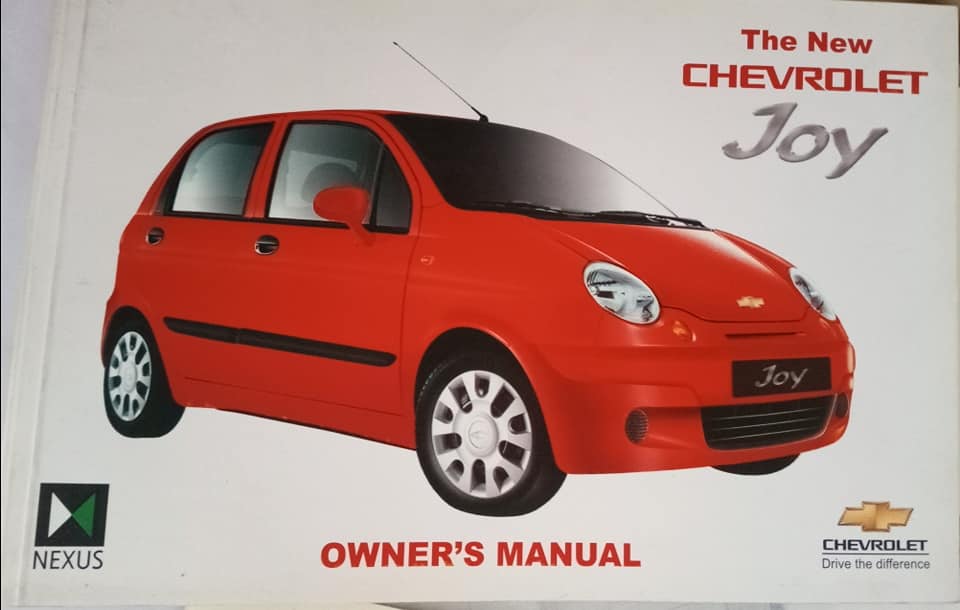
Initially, the company launched the re-badged Daewoo Matiz hatchback labeled as Chevrolet Exclusive with an 800cc engine under its hood. Later when the locally assembled versions began rolling off the assembly lines on the 18th of December 2005, the car was renamed as Chevrolet Joy and carried a 1000cc engine under its hood. Back in the year 2005, the 800cc Exclusive was sold for PKR 5.15 lac for the base variant and PKR 5.55 lac for the up-spec LS variant whereas the 1000cc Joy when launched was priced at 5.75 lac. However, the car (both 800cc & 1000cc variants) was available with manual transmission only.
The Chevrolet Optra brochure in Pakistan
Nexus also tapped the compact sedan segment with the 1600cc Optra (rebadged Daewoo Lacetti) which competed against the likes of (9th gen) Toyota Corolla SE Saloon/ Altis and (7th gen) Honda Civic Exi/ Vti. It was priced at PKR 11.75 lac for semi-loaded and PKR 12.69 lac for fully loaded variants. Bear in mind the flagship Honda Civic Vti Oriel Prosmatec was available for PKR 12.87 lac whereas the flagship Toyota Corolla Altis was priced at PKR 13.09 lac. So the Optra was only slightly cheaper than the two market leaders but was better equipped and better built too. Furthermore, CNG-fitted versions of Optra and Joy were also made available.
Related: What Happened to Cars That Were Once Available in Pakistan?
Later on, the company introduced the Aveo subcompact sedan with a 1500cc engine under its hood. It was priced at PKR 8.99 lac for the manual and PKR 9.99 lac for the automatic variant. Then during the final stages of its operations, Nexus replaced the Joy hatchback with a newer Chevrolet Spark as well as the new Cruze which came as a replacement for the Optra. The Aveo, Spark, and Cruze were all sold as CBU-imported units.
Chevrolet Spark and Aveo ads that were published in newspapers back in those days
The Chevrolet lineup wasn’t unimpressive, but it wasn’t among the best sellers either. They were never able to break through to the top and remained consistently low-selling vehicles. Their best-selling 1000cc Joy always remained at the tail among its competitors including Suzuki Cultus (MK-II), Alto & Hyundai Santro. Imported cars also were a major hurdle for Chevrolet since the JDM Toyota Vitz was a new craze back then and was also cheaper than the locally assembled Chevrolet Joy & offered more features along with the benefit of having an automatic transmission. (Keep in mind apart from Daihatsu Cuore, no locally assembled small car in Pakistan back in those days had an automatic transmission option).
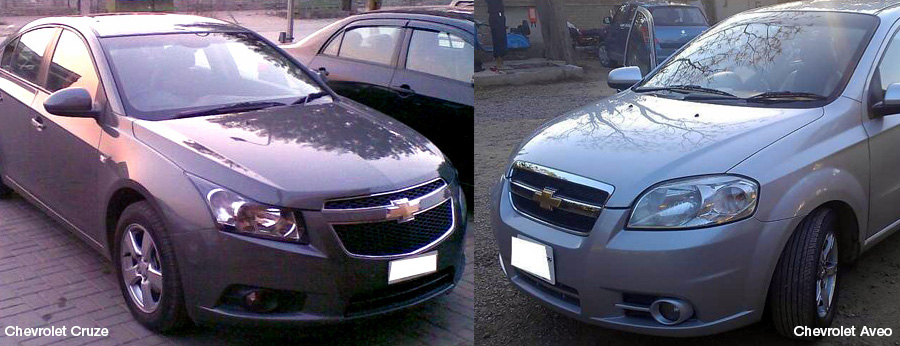
Another problem for Nexus was that apart from local assembled Joy, the rest of their lineup was based on CBU imports. Hence the heavy import duties pushed the prices of their cars into an unrealistic zone. For example, the price of their 800cc imported Spark hatchback was much higher than their own 1000cc locally assembled Joy. The price of the 1500cc Aveo was well above its hot-selling competitors; Suzuki Liana, Honda City, and the Toyota Corolla Xli/ GLi while the Chevrolet Cruze when launched was way more expensive than the top-of-the-line Honda Civic Vti Oriel back then.
Related: Remembering Cars from the Previous Decade
Allegedly, the company became a victim of the controversial policies of the government, engineered by those in power to protect the ‘Big Three’. The result was the elimination of Nexus (Chevrolet), Nissan, Dewan (Hyundai/ Kia), Fiat & Adams motors, all of which were operating assembly lines, thus leaving the playfield for Suzuki, Toyota & Honda only.
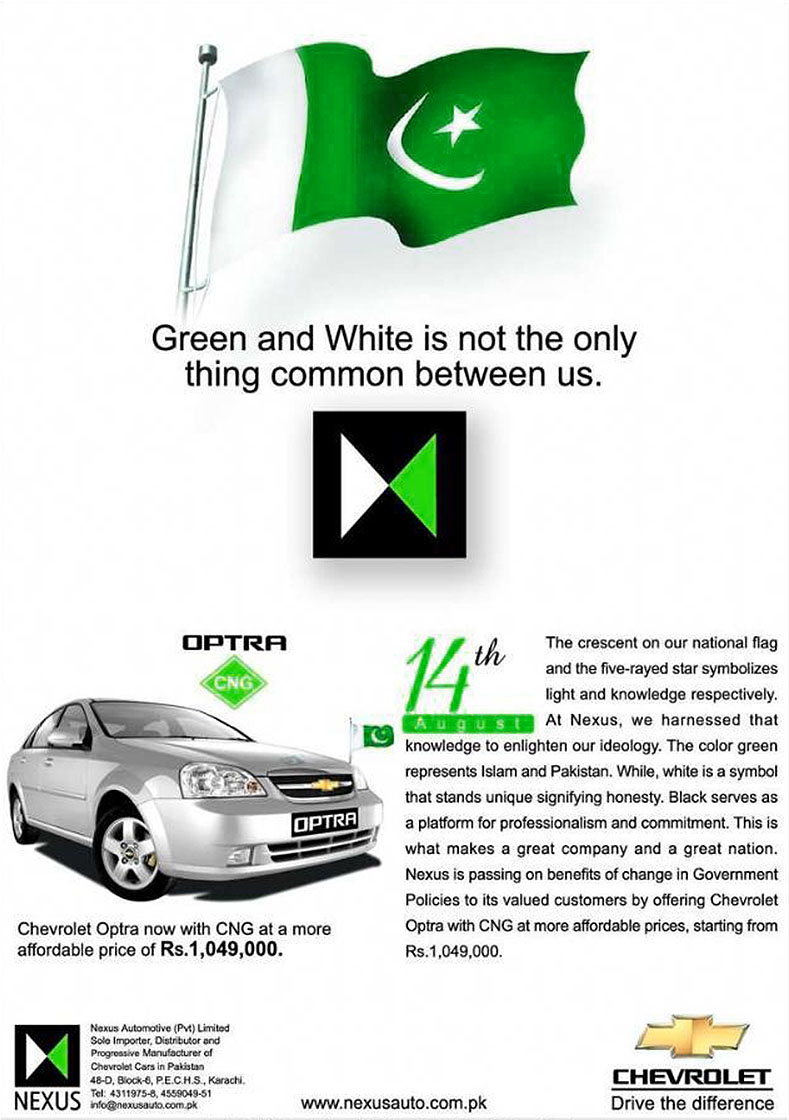
According to sources, there was no incentive granted by the government despite Nexus being a new entrant. Furthermore, unrealistic localization requirements along with restrictions on the import of MKDs (Medium Knock Down Kits) and SKDs (Semi Knock Down Kits) were enforced to favor the Big 3 assemblers. Eventually, the sales dropped to the point where local assembly became non-viable and customers stopped buying the (expensive) imported Chevrolet cars. To pay off the Nissan assembly dues, the Chevy Joy assembly jigs and fixtures were given to Ghandhara Nissan.
Related: The Story of Adam Revo
Nexus had to cease its assembly operations by 2007 while in its final stages of operations in the country, was relying only on CBU imports. However in 2008 when the new government took over, the Pak Rupee started to lose its value against the US Dollar, and coupled with higher taxes on imported cars, the prices of Chevrolet cars went beyond the reach of average buyers and stood no chance in competing against the rivals from price point of view. Eventually, within the next couple of years, Nexus had to completely cease its operations and the brief chapter of another new automaker in Pakistan abruptly came to an end.
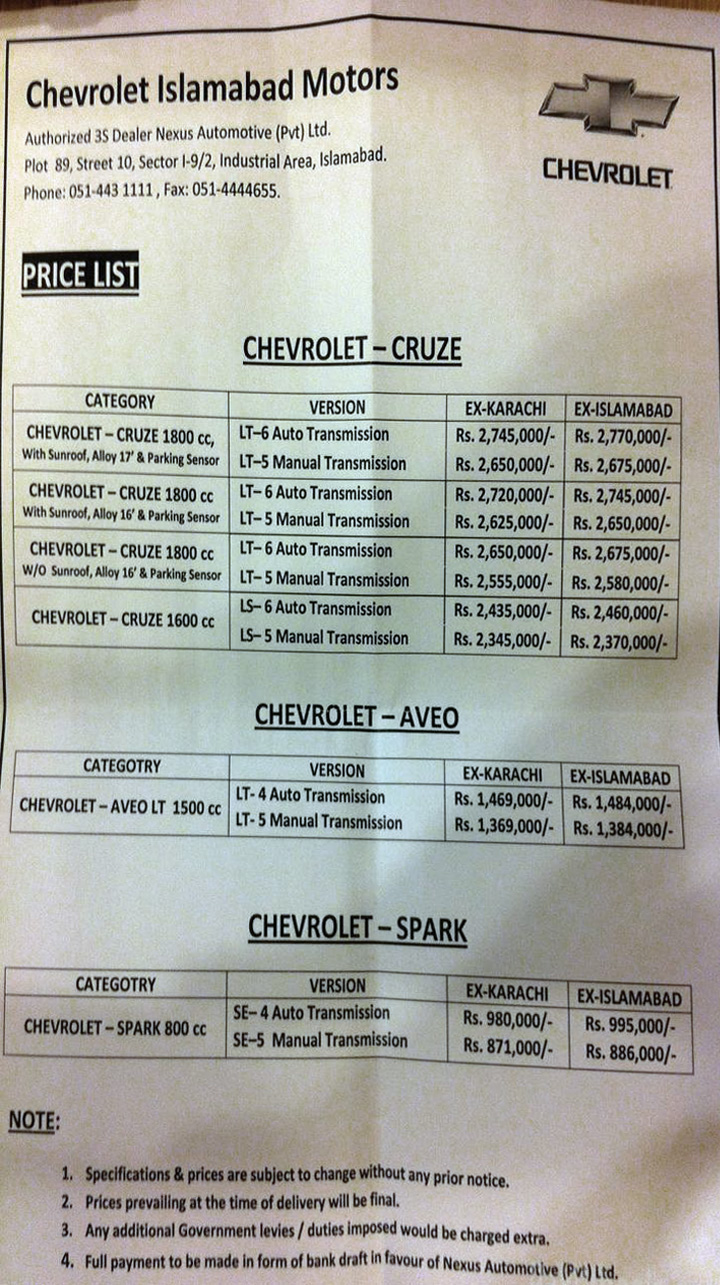
During its short span of presence in Pakistan, the company had developed a small pool of trusted users. Nexus even had a proper functional website which back in those days was way better than those belonging to the Big 3. Keep in mind, that automakers in Pakistan were too late to begin taking websites & social platforms seriously.
Related: Cars with Shortest Production Span in Pakistan
What happened to Nexus in Pakistan was a sorry tale indeed, however things for Chevrolet in the region didn’t go smoothly either. In 2017 GM announced to stop selling cars in India, putting the brakes on efforts to penetrate one of the world’s fastest-growing car markets as part of restructuring of its international business. The same year GM phased out the Chevrolet brand from South Africa (another right-hand drive market) and sold its local factory to Isuzu of Japan.
So perhaps even if Nexus had existed, it was always going to be difficult for the Chevrolet brand to survive with a re-badged Daewoo lineup in Pakistan. However, the introduction of other GM-branded cars would have been another story altogether.
Various Chevrolet cars in Pakistan sold between 2004 and 2010

A computer animation professional with over 23 years of industry experience having served in leading organizations, TV channels & production facilities in Pakistan. An avid car enthusiast and petrolhead with an affection to deliver quality content to help shape opinions. Formerly written for PakWheels as well as major publications including Dawn. Founder of CarSpiritPK.com







